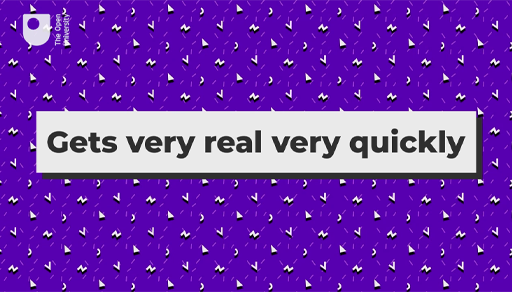7 Review the journey
You have now reached the end of this course. We have covered a lot of ground over the past eight sessions and are aware that it is impossible to cover everything that you might need to know in order to provide support to a young person who is experiencing mental health issues. Our intention here has been to give you a sound introduction to these issues and to help you develop tools which can help you gain the confidence to support young people and to recognise where you can go to find further help.
In the words of one young person experiencing OCD: ‘It’s a battle everyday and during its worst every single thing that I have done took decision making fighting between voices in my head and my own. It can take hold and feel like you can’t control yourself. It’s confusing because it’s not a rational thing. It’s a very difficult thing to describe and I do believe it’s different for everyone – like everyone’s brains. Something I think it’s useful for people to understand is that everyone has struggles and people’s mental health is different and to try and be less judgemental of anyone with mental health as everyone’s behaviour stems from a place of reason. And mainly to support people you don’t have to be perfect you just have to be kind and willing to try your best. We all learn as we go and no one is perfect so if someone is supporting someone with mental health in particular OCD it’s ok to not be perfect – being kind to yourself so you can understand others too.’
As our final activity we want to remind all those who support young people of exactly what young people think about mental health support and what would work for them. With this in mind watch this video, produced in conjunction with young people.

This video supports many of the messages from across this course, it notes pressures on young people to succeed and issues relating to social media. In relation to the help they wanted, it was reported that they wanted authentic communication that does not infantilize them, tell them it is just a phase, and which does not overly generalise about their experiences. They want personalised care, with more care choices and different types of care offered in a variety of settings. However, as the video also suggests they are aware that waiting times are an issue.
Education and communication remain central to changing our approach to mental health challenges. Throughout this course you have been introduced to a lot of ideas about mental health and how to support a young person who may be struggling with their emotions. The most important thing you can take away from this course is to listen emphatically to the young people you are caring for. Therefore we believe it is fitting to end this course with a clip from one of the young men we interviewed which reminds us of all the things that young people are coping with as they transition this difficult but exciting time of life.

